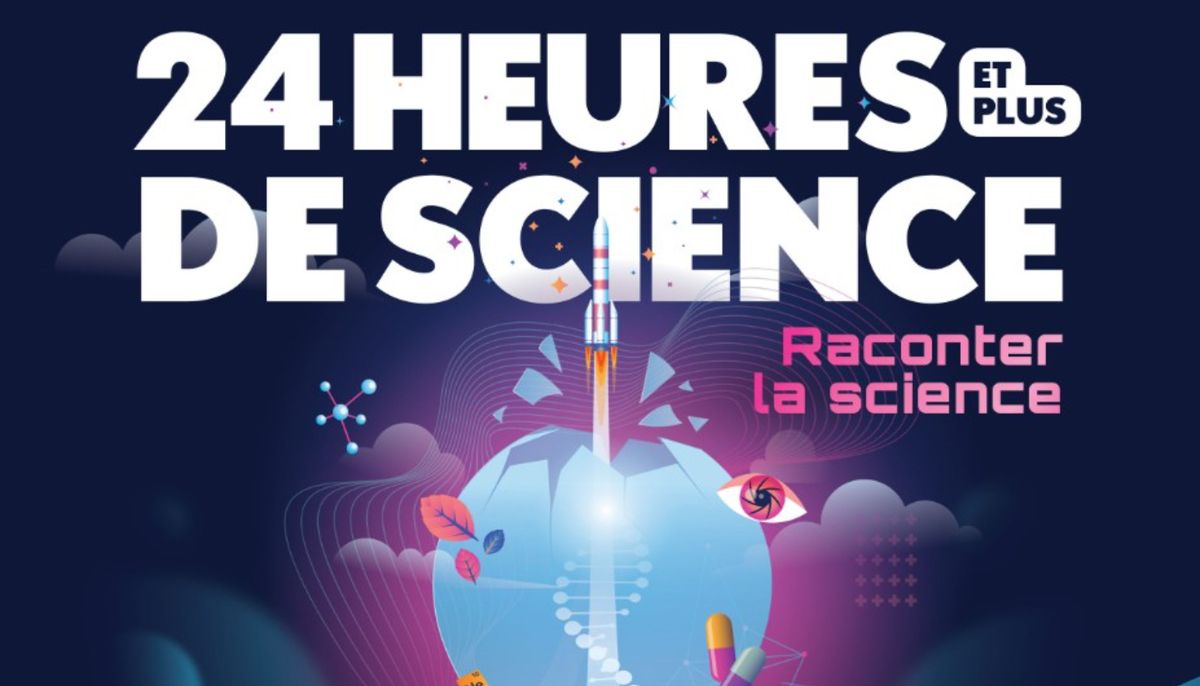What are the main Canadian research priorities today? Are there equivalents to the major national programs led or piloted by the CNRS in France, such as Priority Programs and Equipment for Research (PEPR) in the France 2030 plan? ?
JM: The French-Canadian Joint Commission expressed its desire to strengthen cooperation in the field of emerging technologies, global health, energy transition, ocean and polar sciences. These four sectors resonate with the desire to find solutions to major global challenges, and are reflected in many French public policy reports. It is also consistent with the strategic directions for Canadian research presented in several research budgets, particularly the 2021 budget, which focused on quantum innovation, health and biologicals, carbon removal technologies, and even pandemic preparedness. Although there is no Canadian equivalent to PEPR, the Canadian government announced one in April 2023 New investment worth $1.4 billion over 7 years About 11 “APOGÉE” projects. Supported by many university associations.
How do you see the future regarding scientific cooperation?
JM: COMEX not only highlighted many priority topics, but also created a new dynamic for cooperation between the two countriesFurthermore, by incorporating an occasional element of open science, science in French and multilingualism. In the field of emerging technologies, the National Center for Scientific Research is already heavily involved. On the one hand, throughInternational Laboratory for Learning Systems (ILLS) in Montreal which I hope will be able to develop links with other AI centers in Canada, particularly in Toronto/Waterloo and Edmonton. On the other hand, the CAFQA Network has been led by the National Center for Scientific Research and will continue to strengthen it, in particular through a second scientific conference in May 2024 in Ottawa. Furthermore, participating scientific teams will be able to respond to the joint call between ANR and the Natural Sciences and Engineering Research Council of Canada (NSERC), resulting from the COMIX discussions and scheduled to be launched soon.
Among the other three proposed sectors, ocean sciences and polar sciences, as well as the relationship between oceans and climate, represent an opportunity of particular interest for the National Center for Scientific Research, a key player in this field that participates, with the French Institute for Marine Environment Research, the Oceans, Climate and PPR programme. Small. Which is involved in six other similar PEPRs. The National Center for Scientific Research is currently developing and supporting several joint projects across Canada with university and institutional partners located between the Atlantic, Pacific and Arctic Oceans. the Takovik International Laboratory At the University of Laval, which also includes collaborations with the Sorbonne University, the University of Western Brittany and IFREMER, he is the pioneer. Several new Canadian investments in ocean and Arctic research, including several APOGÉE 2023 projects, represent new opportunities for ambitious collaboration.
Naturally, we will continue to support collaborations of researchers who have established innovative scientific links with Canadian colleagues and who aim to create new collaboration tools. In particular, in 2024 the office will complete the structuring of two international research centres Universities of Toronto and Sherbrooke By organizing various activities such as scientific conferences around priority thematic themes determined by its steering committees.
It must be emphasized that all these activities will be carried out with the desire to consult other French stakeholders – scientists, academics and institutions. International research collaborations also benefit greatly from the, where possible, mutual mobility of young talent. The systematic participation of universities in the partnerships supported by the CNRS contributes not only to their scientific impact but also to their sustainability over time.

“Music guru. Incurable web practitioner. Thinker. Lifelong zombie junkie. Tv buff. Typical organizer. Evil beer scholar.”





![[VIDÉO] LPHF: Like Cole Caufield, Ann-Renée Desbiens has her own unique shoes](https://m1.quebecormedia.com/emp/emp/63411_07894593662cf2-8a9e-4bd6-aa34-c999d634a876_ORIGINAL.jpg?impolicy=crop-resize&x=0&y=291&w=3492&h=1966&width=1200)

More Stories
Science is for everyone
Message from the Minister of Health – Food Allergy and Digestive Disease Awareness Month
European Space Agency – Space for Kids